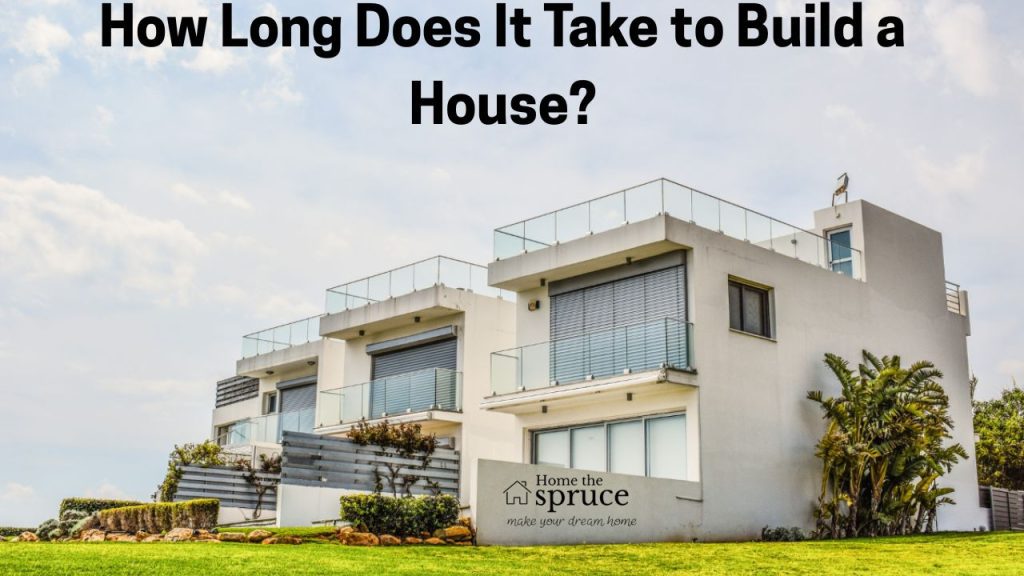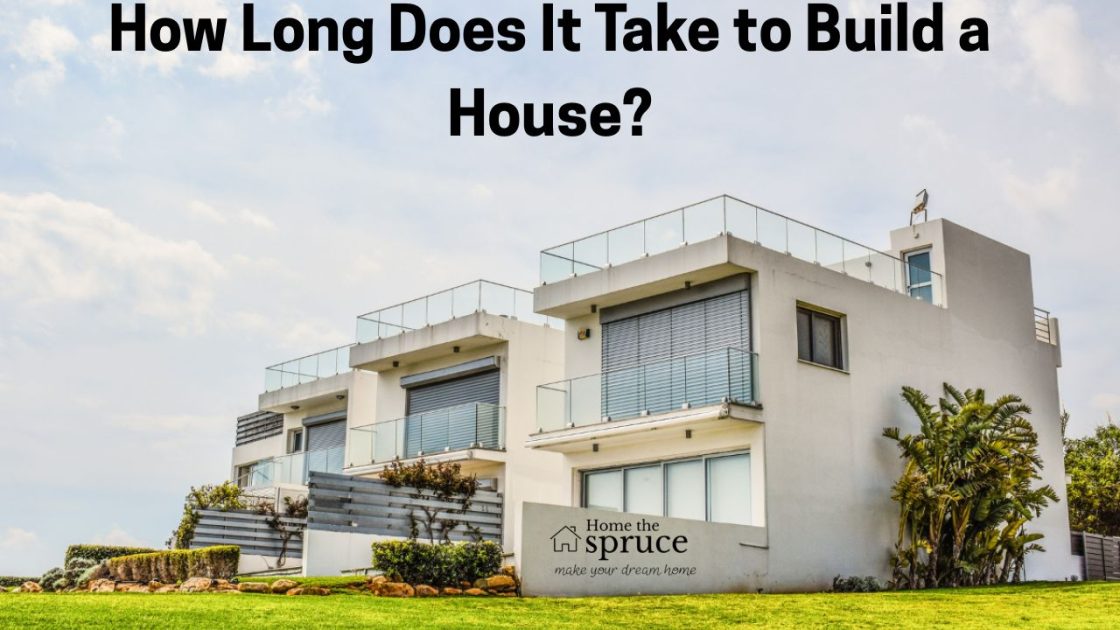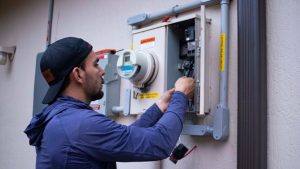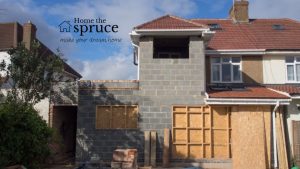
Building a house is an exciting yet complex process, especially for first-time homebuyers, real estate investors, and construction enthusiasts eager to see their vision brought to life. But knowing how long it takes to build a house isn’t just about satisfying curiosity. It’s essential for planning finances, timelines, and expectations for the project.
The short answer? It typically takes 7 to 14 months from start to finish, but that timeline can vary widely depending on several factors. Throughout this guide, we’ll explore average timelines, the influencing factors, and some tips for expediting your project. By the end, you’ll have a comprehensive understanding of what goes into building a house, along with practical steps to streamline the process.
Average Time to Build a House
How long does it take to build a house? While the industry average is 7 to 14 months, the specific time frame largely depends on the type of house and how it’s being built.
Built-for-Sale Homes
Built-for-sale homes, also referred to as production or spec homes, often take 7 to 8 months to complete. Using stock designs and standardized processes allows developers to move quickly.
Contractor-Built Homes
If you hire professional contractors for a custom project, expect it to take around 9 to 11 months. Professional management and efficiency help shorten delays while maintaining quality.
Owner-Built Homes
Building a house yourself, without professional oversight, can be a rewarding but slow process. These projects often take 12 to 14 months due to the time required to juggle learning curves, approvals, and unforeseen challenges.
Factors That Affect Construction Time to Build a House

The timeline for building a house can be influenced by an array of factors. Here’s what matters most:
1. Design Complexity
- Simple Designs: Standardized floor plans and layouts are quicker to execute.
- Custom Designs: Unique architecture, intricate detailing, or personalized blueprints add complexity and time.
2. Construction Type
The choice of materials matters. For instance, wood-framed houses are constructed faster compared to those built with concrete or steel.
3. Location
Urban areas may have stricter zoning laws and require permits that add time, whereas rural plots might pose logistical challenges like longer delivery routes for materials.
4. Permitting and Regulations
Navigating local zoning laws, environmental clearances, and building inspections can add significant time to any project.
5. Material Availability
Global supply chain issues could delay the delivery of essential materials like lumber or steel. Choosing locally sourced materials often minimizes waiting times.
6. Weather Conditions
Rain, snow, or extreme temperatures can slow down key construction phases, particularly site clearing and framing.
7. Contractor Efficiency
Skilled contractors with solid project management skills are less likely to experience delays compared to less experienced crews.
8. Financing and Budget
Unexpected financial bottlenecks, such as delayed approvals for loans or cost overruns on materials, can significantly slow timelines.
A Breakdown of the House Construction Phases and Timelines
Understanding the construction process will give you a better idea of where delays might occur and how to manage them.
1. Pre-Construction Phase (1-3 Months)
- What Happens: Site evaluation, design finalization, and obtaining permits.
- Key Consideration: Early preparation minimizes delays.
2. Foundation Phase (1-2 Weeks)
- What Happens: Site clearing, excavation, and laying of the foundation.
- Key Consideration: Proper weather planning avoids disruptions.
3. Framing Phase (1-3 Months)
- What Happens: Erecting walls, floors, and roofs to create the basic structure.
- Key Consideration: Framing often overlaps with other phases for efficiency.
4. Enclosure Phase (2-4 Months)
- What Happens: Installing the roof, siding, windows, and doors for a fully enclosed structure.
- Key Consideration: This phase requires most of the core materials to be ready.
5. Systems Installation (2-4 Months)
- What Happens: Electrical wiring, plumbing, and heating, ventilation, and air conditioning (HVAC) systems are installed.
- Key Consideration: Inspections often happen here, so plan for potential delays.
6. Interior Finishing (2-6 Months)
- What Happens: Drywall, painting, flooring, fixtures, cabinetry, and appliances are installed.
- Key Consideration: This step involves detail-oriented work, which takes time.
7. Final Touches (1-2 Months)
- What Happens: Landscaping, final inspections, and walkthroughs.
- Key Consideration: Ensure you have a checklist ready for the final walkthrough to expedite move-in readiness.
How to Expedite the House Construction Process
If you’re eager to speed up the building process without compromising quality, here are some actionable tips to follow:
- Hire Experienced Professionals: A skilled contractor can manage timelines, anticipate challenges, and solve issues before they escalate.
- Plan in Detail: Comprehensive blueprints and solid documentation save time during execution.
- Obtain Permits Early: Start applying for permits as soon as possible to avoid potential bureaucratic bottlenecks.
- Communicate Effectively: Maintain constant communication with your contractor to ensure everyone stays on the same page.
- Stick to the Budget: Avoid delays caused by financial constraints by keeping a close watch on expenses.
- Be Adaptable: Flexibility in decision-making ensures the project doesn’t stall over minor inconveniences.
Thinking About Building a Property in Hua Hin, Thailand?

If you’re considering building property internationally, Hua Hin, Thailand, has quickly become a top destination.
Why Hua Hin is a Hotspot
- Growing Demand: With the introduction of Thailand’s Digital Tourist Visa, Hua Hin is attracting remote workers and digital nomads. This surge in interest has increased demand for rental villas and condos, making it ideal for property investors.
- Improved Infrastructure: Major investments in transportation, including the proposed high-speed rail link to Bangkok, are making Hua Hin more accessible and convenient for both residents and visitors.
- Investment Potential: Hua Hin properties offer competitive prices, strong rental returns, and excellent potential for capital appreciation as the area continues to develop.
Building or Buying Property in Hua Hin
If you’re planning to build your dream home, standard developments in Hua Hin typically take 6 to 12 months. Customized projects may take longer, but hiring experienced contractors and accounting for seasonal weather can help keep projects on track. Alternatively, buying a property in Hua Hin is a quicker way to secure your place in this thriving market, with plenty of ready-to-move-in options available.
Make Hua Hin Your Next Home
Whether you’re building or buying a property in Hua Hin, Thailand, it’s a rewarding investment in one of Southeast Asia’s most desirable locations. With proper planning, the right team, and clear communication, you can turn your dream of owning a home in Hua Hin into reality.
![Description: :hammer_and_wrench:]() Frequently Asked Questions: How Long Does It Take to Build a House?
Frequently Asked Questions: How Long Does It Take to Build a House?
1. How long does it take to build a house?
The average time to build a house in the U.S. is 7 to 8 months, but this can vary based on weather, location, permits, and the complexity of the build.
2. How long does it take to build a 3,000 sq ft house?
Typically, a 3,000 sq ft house can take 9 to 12 months to complete, especially if custom-designed or in an area with seasonal construction delays.
3. How long does it take to build a 1500 sq ft house?
For a 1500 sq ft home, expect around 6 to 8 months from foundation to move-in—quicker if it’s a pre-designed model or prefab.
4. How long does it take to build a house from start to finish?
From buying the land to final inspection, you’re looking at 9 to 16 months depending on how fast permits are approved and how many change orders happen mid-project.
5. How long does it take to build a 2000 sq ft house?
A 2000 sq ft house typically takes about 7 to 10 months, with extra time if you’re adding custom features or building on a challenging site.
6. How long does it take to build a 2,000 sq ft house?
Same as above—about 7 to 10 months. The number formatting here is just different but the time estimate stays the same.
7. How long does it take to build a 3000 sq ft house?
It usually takes 9 to 12 months, sometimes longer if it’s a high-end or fully custom project.
8. How long does it take to build a house in Texas?
Texas builds average around 8 months, though local permit delays or labor shortages can stretch that to 10–12 months.
9. How long does it take to build a 5000 sq ft house?
Large custom homes like 5000 sq ft can take 12 to 18 months, especially with luxury finishes or complicated architecture.
10. How long does it take to build a house in Florida?
In Florida, it’s typically 7 to 10 months. Hurricane season can slow things down, and you’ll want to factor in extra time for inspections and codes.
11. How long does it take to build a custom home?
Custom homes often take 10 to 16 months depending on design complexity, client revisions, and contractor availability.
12. How long does it take to build a barndominium?
Barndominiums can be built much faster—some in as little as 3 to 6 months if prefab kits are used.
13. How long does it take to build a modular home?
Modular homes are fast: about 3 to 5 months, since most of the construction is done in a factory and site work happens in parallel.
14. How long does it take to build a home in california?
California can be slow—permits and regulations may stretch timelines to 10–14 months, depending on the county.
15. How long does it take to build a 4,000 sq ft house?
Expect 10 to 14 months for a 4,000 sq ft home, possibly longer with customizations or if you’re building in a high-demand area.
16. How long does it take to build a house by yourself?
If you’re building solo (owner-builder route), expect 12 to 24 months minimum—assuming you’ve got the skills, time, and permits lined up. It takes longer without a full crew, and delays are almost guaranteed unless you’re a pro. Also, local codes might restrict DIY builds, so check those first.








